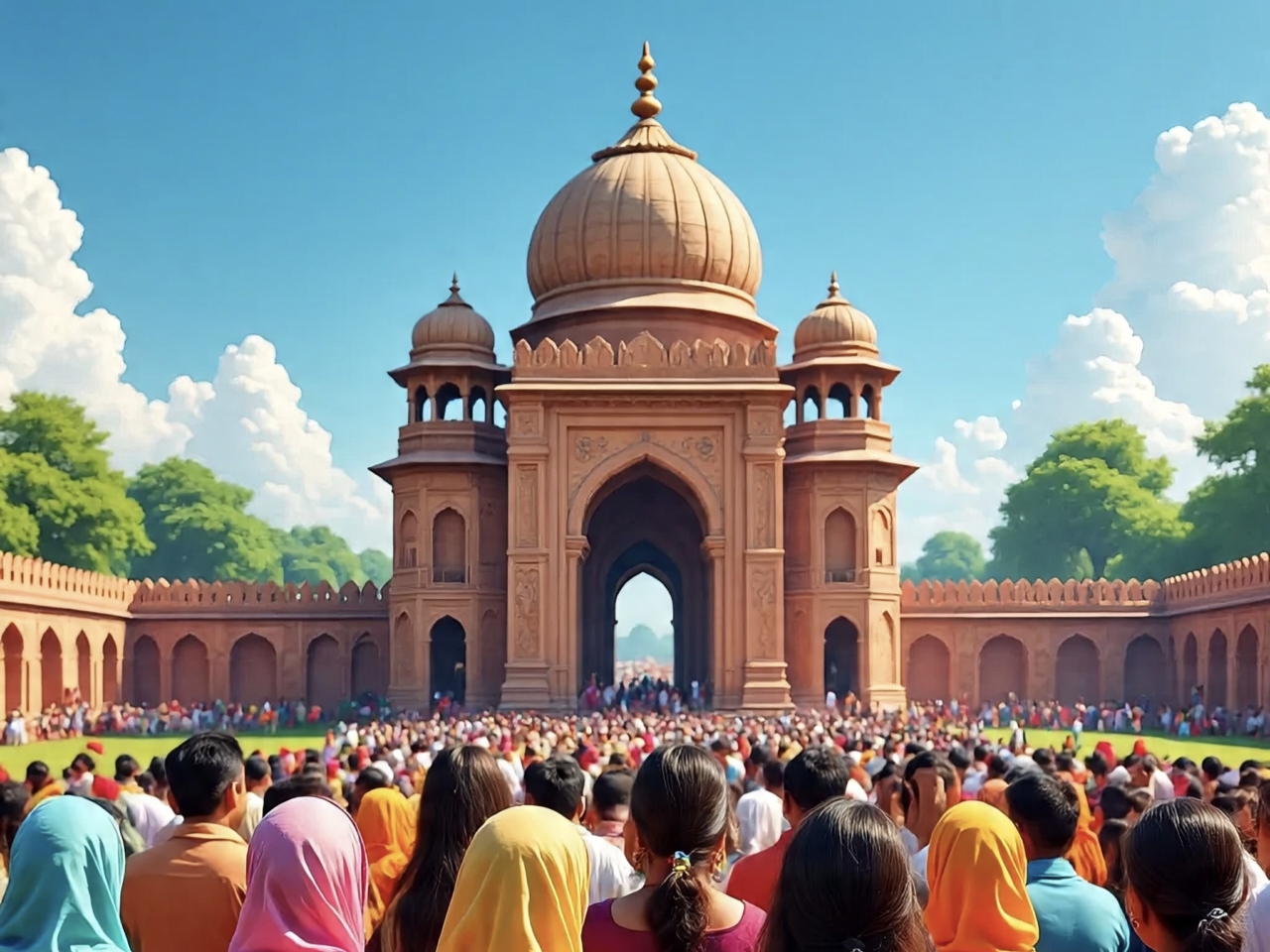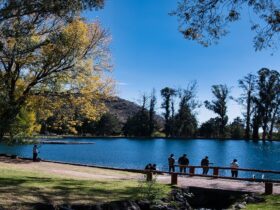When people think about India, many things come to mind—colorful festivals, spicy food, yoga, Bollywood, and ancient traditions. But if we focus on 1 interesting fact about India, it is that the country is home to the world’s largest democracy. With more than 1.4 billion people, India is not only one of the most diverse nations on Earth but also a country where citizens actively participate in shaping their government.
This fact is fascinating because managing such a huge democracy requires systems, technology, and participation on a scale that no other country has ever attempted. Yet, India has successfully carried out the world’s largest elections again and again, proving its strength in governance and unity despite incredible diversity.
India as the World’s Largest Democracy
India became independent from British rule in 1947 and adopted its Constitution in 1950. Since then, it has remained committed to democratic values where every citizen above the age of 18 has the right to vote. Unlike many nations where elections cover smaller populations, India organizes voting for over 900 million eligible voters across states, villages, towns, and cities.
The Indian Election Commission is responsible for ensuring free and fair elections. The process involves setting up polling stations even in the most remote locations—from Himalayan villages to desert settlements and islands. Sometimes officials travel by foot, boat, camel, or even helicopter to reach these areas so that not a single voter is left behind.
This makes India’s democratic process not only massive but also inspiring for the rest of the world.
The Scale of Indian Elections
To understand why this is such an interesting fact, let’s look at how Indian elections work. During the general elections, which take place every five years, thousands of political parties and candidates participate. Millions of officials and security personnel are deployed across the country to ensure smooth voting.
Electronic Voting Machines (EVMs) are used to simplify the process and reduce errors. These machines are carried to remote places, and sometimes polling booths are set up for just one or two voters in extremely isolated areas. For example, in the Gir forest of Gujarat, there is a polling station set up for a single voter living there.
The logistics, planning, and execution of such a huge event make India’s democracy a unique achievement in the world.
Diversity Within Unity
India’s democracy is even more impressive when you consider its diversity. The country has 22 official languages and thousands of regional dialects. People follow multiple religions including Hinduism, Islam, Christianity, Sikhism, Buddhism, and Jainism. Despite these differences, citizens come together during elections to make their voices heard.
This unity in diversity is what makes India stand out. Each vote carries equal value, whether it’s cast by a farmer in a rural village or a business executive in a bustling city. The democratic system ensures representation for everyone, giving people the power to influence how the country is governed.
Cultural and Historical Significance
The idea of democracy in India is not entirely new. Ancient Indian republics like the Licchavi and Shakya clans had systems of governance where decisions were made collectively. India’s modern democracy draws from these traditions while also being influenced by Western democratic principles.
Today, this balance of tradition and modernity is visible not just in governance but also in everyday life. From ancient temples to modern skyscrapers, from traditional dances to cutting-edge technology hubs, India shows how culture and progress can go hand in hand.
Why This Fact Matters
The world’s largest democracy fact is important because it highlights how India continues to thrive despite challenges. Managing elections for such a vast population requires incredible coordination, transparency, and trust in institutions. While the country faces issues like poverty, inequality, and political disagreements, the commitment to democracy has remained strong for more than 70 years.
This fact also inspires other nations by showing that democracy can succeed even in the most complex societies. It proves that participation, accountability, and freedom are possible on a large scale if people are committed to them.
Other Interesting Aspects Connected to Democracy
While the focus here is on democracy, India’s culture offers many more fascinating facts. For example:
- India is home to the world’s largest postal network, with more than 150,000 post offices.
- Yoga, which originated in India, is now practiced by millions worldwide.
- The Kumbh Mela, a Hindu festival, is one of the largest gatherings of people on Earth.
These examples show that India is full of interesting facts, but the one that defines its modern identity is its democratic system.
Final thoughts on 1 Interesting Fact About India
The 1 interesting fact about India that stands out above all is its identity as the world’s largest democracy. It is not just about voting but about the spirit of participation, diversity, and unity. With over a billion people, India shows that democracy can thrive even in the most diverse and complex environments.
This achievement reflects the strength of its people, the vision of its Constitution, and the commitment to freedom and equality. For the rest of the world, India is proof that democracy, when respected and nurtured, can bring people together and give them a voice in shaping their future.
FAQ
Q1: What is the most interesting fact about India?
India is the world’s largest democracy, with over 900 million eligible voters.
Q2: How often does India hold elections?
General elections are held every five years to elect members of Parliament.
Q3: Why is India’s democracy unique?
Because of its scale, diversity, and the commitment to include every citizen in the voting process.
















Got a Questions?
Find us on Socials or Contact us and we’ll get back to you as soon as possible.